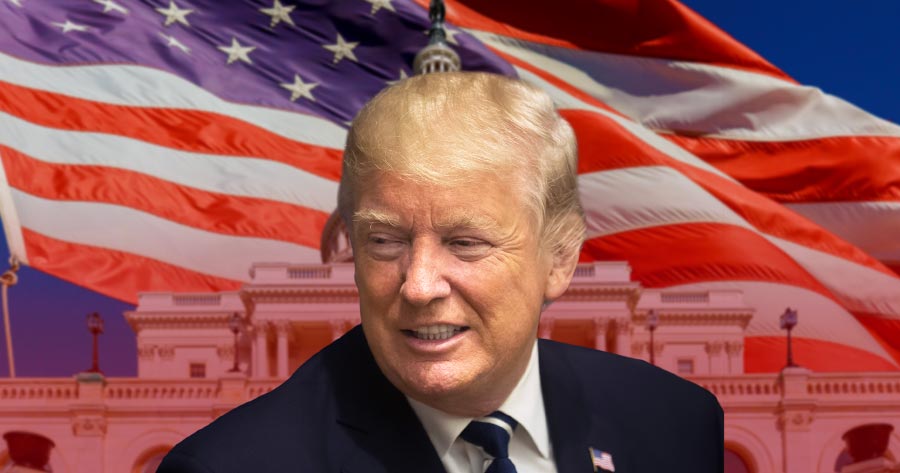The change in the U.S. administration to one under Donald Trump has already caused a stir in global economic policymaking. The Federal Reserve reduces the intensity of rate cuts and other countries’ central banks show caution in their rate policies.
Facing stiff inflation, the Fed has to rescind its prediction for future rate cuts. Fed Chair Jerome Powell said that some bank officials are trying to gauge how Trump’s economic policy might impact its policymaking.
Some have begun to adopt a highly conditional estimation for the economic effect of Trump’s policies into their forecast in the recent meeting, said Powell referring to higher estimation of both economic growth and inflation in 2025.
Powell said that caution should be taken when it comes to further rate cuts, as that could tank stock prices. In 2025, the Fed has only one or two rate cuts planned for rate cuts, according to estimations in the market.
The Bank of England opted to keep its main interest rate at 4.75%, as it prefers a gradual approach to rate policy. The bank cited growing uncertainty in the economy as its reason for keeping the rate.
The Bank of Japan also kept its already low interest rate this week, as they saw Trump’s trade and fiscal policy impacting their export economy. Nearly three out of four expect a negative effect from operating under the next U.S. administration.
Norway’s central bank remains firm on its 4.50% interest rate, emphasizing the risk of a trade war between the U.S. and China. The bank remarked that the huge tariff would hinder growth.
Sweden’s central bank cut its key interest rate by a fourth percentage point to 2.50% as predicted, though the bank said that they would take precautions to rate cuts in 2025.
The Czech National Bank halted its series of rate cuts due to pressure from inflation.





